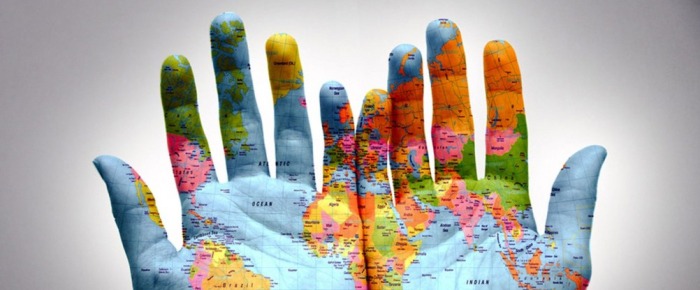
Sniply Reaches 50 Million Clicks
February 18, 2015Last year in April 2014, we came up with this crazy idea of Sniply. We shared the concept on Product Hunt, Hacker News, and Reddit. After we got voted up to the front page within minutes, we knew it was something special. 10 months later—today—we’re celebrating the awesome milestone of 50 million clicks!
Chris, Nigel, and I were the first 3 users of Sniply. Since then, we’ve attracted some cool new users such as HubSpot, Outbrain, Salesforce, Accenture, Deloitte, Unbounce, Experian, Blackberry, Yesware, and 99designs. We’ve been featured on hundreds of marketing blogs including Neil Patel’s QuickSprout and Michael Stelzner’s Social Media Examiner. All within the past year!
Path to 50,000,000 on a Shoestring Budget

Having spent a grand total of $0 in marketing, I’d like to take this time to share how we came this far in the past year. We never raised capital and never had the budget to invest in marketing. Instead, we ran as a small team and really only had the resources to focus on building the product with our own sweat equity. Chris, Nigel, and I spent every waking hour perfecting the product. We talk to our users every day, listening and absorbing feedback, then injecting that wisdom back into the product. We made people happy, one user at a time.
It seemed like a silly idea to make a single user happy when everyone is going after millions of users, but it wasn’t long before we saw the impact of our philosophy. We started to notice people writing about Sniply. Not just of our tool or the concept, but of the service and dedication from our team. Our users not only shared Sniply as a tool, but they also spread the word of the commitment they felt from us as founders. We started to rally supporters—organically. No affiliate payout, no sponsorship, just relationships in good faith.
As of today, there are hundreds of blog posts out there about Sniply. They’re evergreen content that drives compound traffic to our site every single day. Every new user that comes by is treated with the same dedication. We engage, we listen, and we build. That’s all we’ve ever done, and perhaps all we’ll ever do.
Learning About Our Own Product

We came up with the Sniply idea, but in many ways, the product is defined by our users. Sniply is quite simple. It’s a tool that allows you to add things to other things. What people do with it—we have relatively little control over. As a result of this, we spend a lot of time observing and learning what our users do with Sniply. How they use it, why they use it, and how they’d like to use it.
Over time, I began compiling my discoveries around these mysteries across multiple posts:
How are people driving traffic to their Snips?
How are people improving conversion rates?
Creating an Extended Culture

We believe that company cultures should extend beyond internal interactions. Culture should be felt even by the user. We do everything we can to create an open culture where users feel comfortable providing critical feedback. We issue refunds in a heartbeat if anyone is unhappy. We allow users to name their own price. We do everything we can to be human beings first and a company second. We treat our users as we would our friends. We do everything we can to help them even when it has nothing to do with our product.
We hope that when people think of Sniply, they think of the people behind the product. Their attachment to our brand should be beyond our logo and our technology. We want everyone to feel as though they’re part of our product development team. That they can shape our product. That they have a voice that will always be heard and respected. Whether people love or hate what we’ve built, our commitment is to always listen and challenge ourselves to do something about it. If someone loves Sniply, how can we make them love us a little more? If someone hates Sniply, how can we make them hate us a little less?
Those are the things we talk about every day. An extended culture means we blur the lines between employees and users. This undoubtedly gets harder as we grow bigger, but we can’t afford to disregard the very thing that got us this far.






